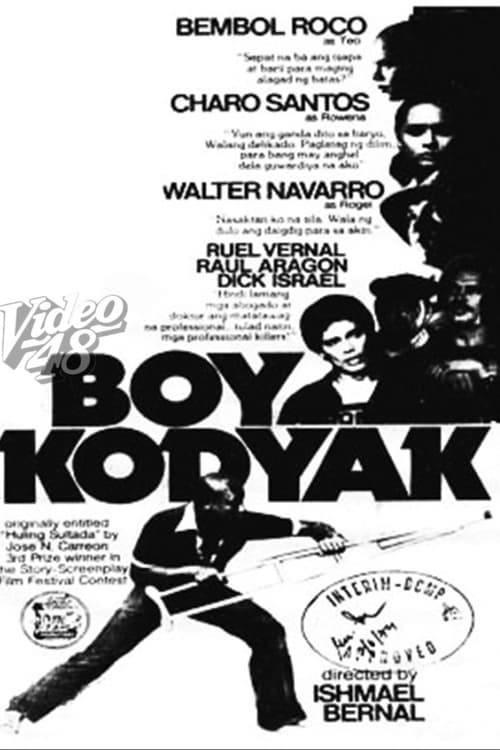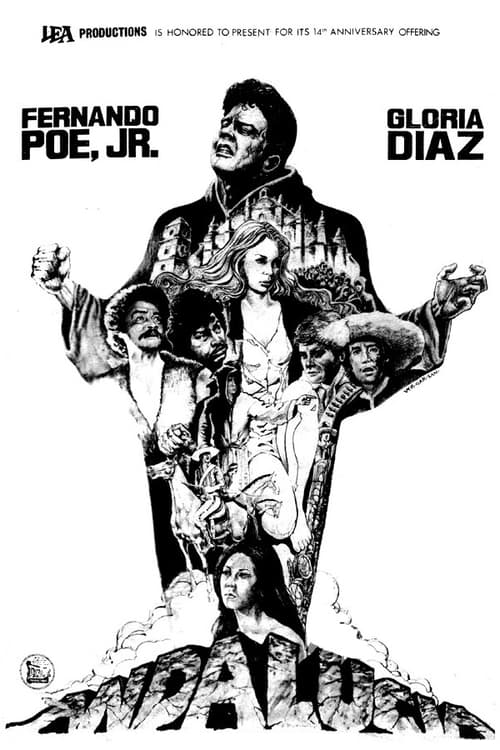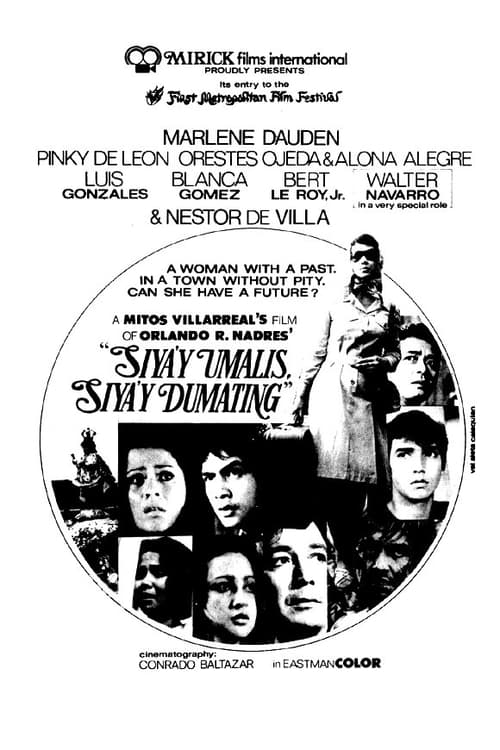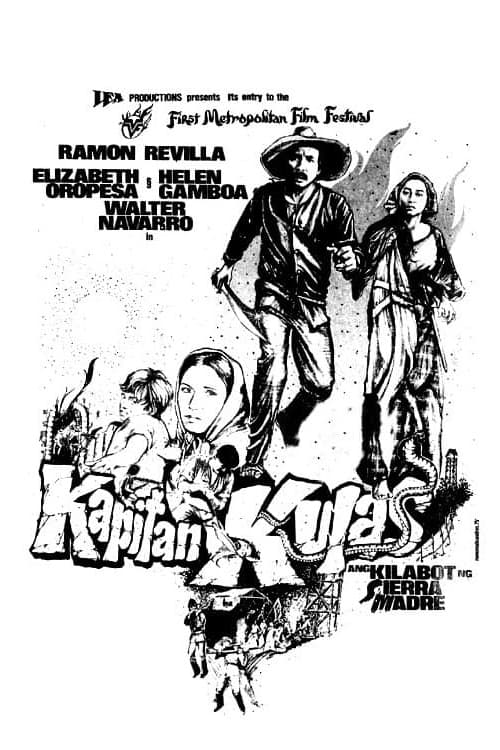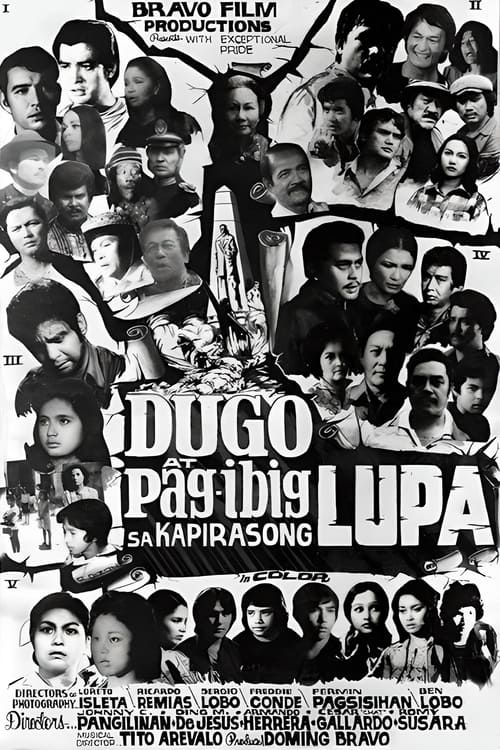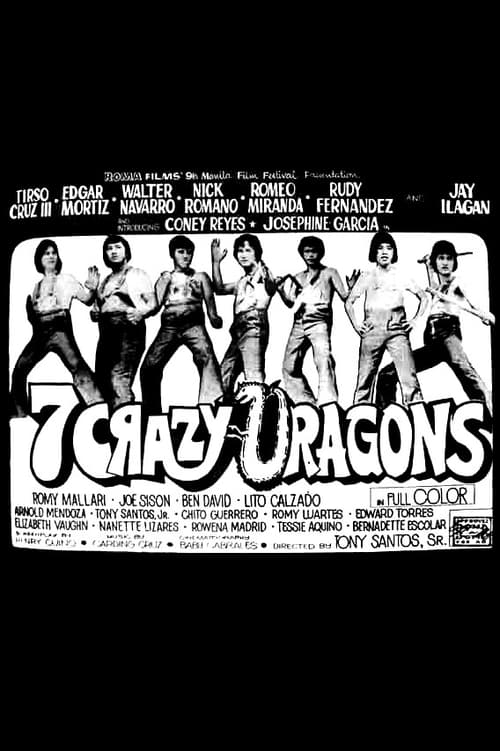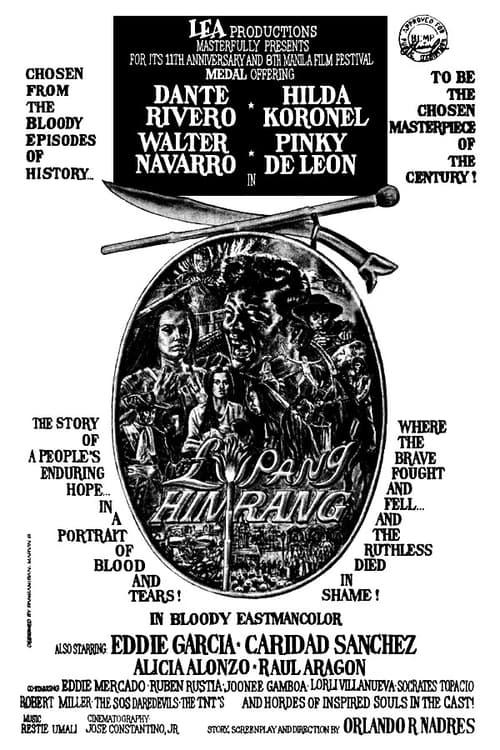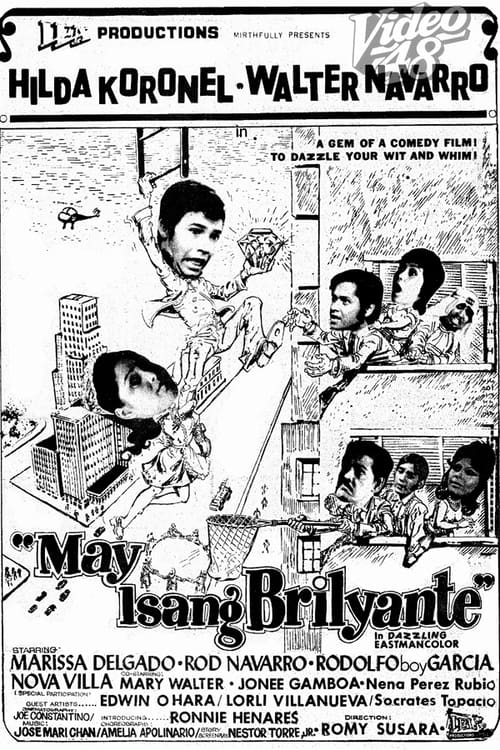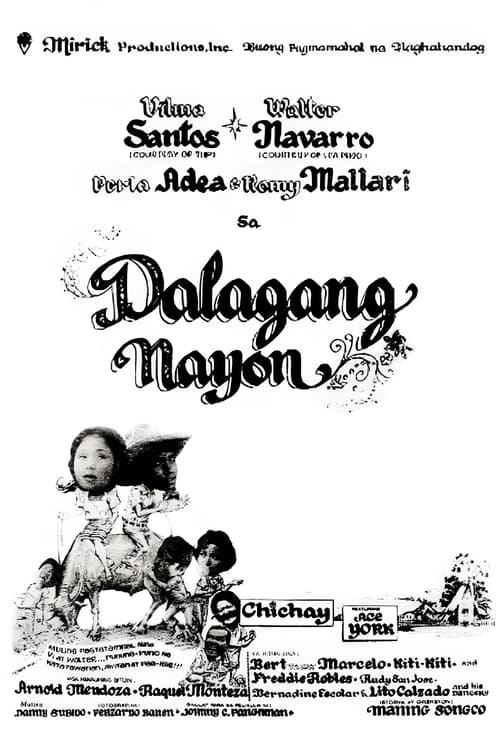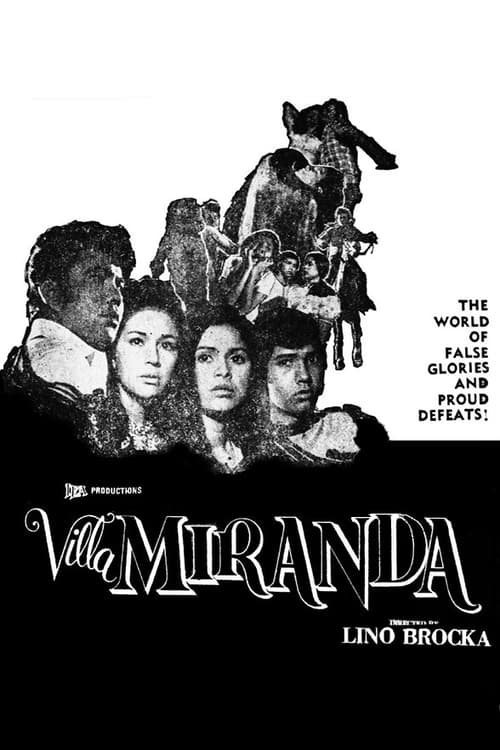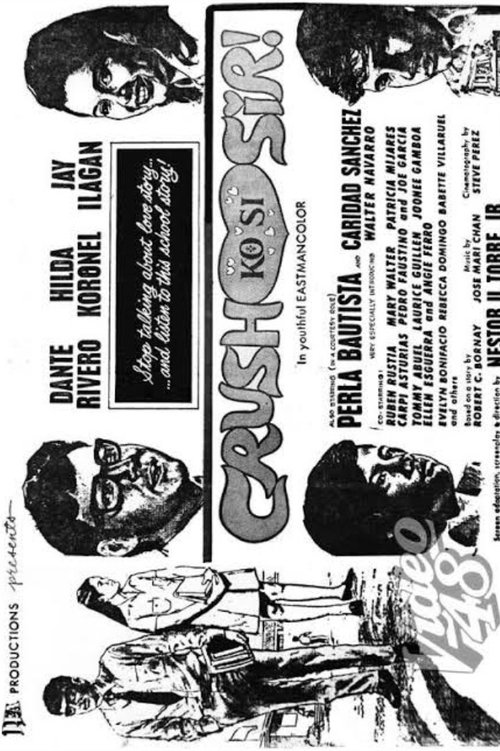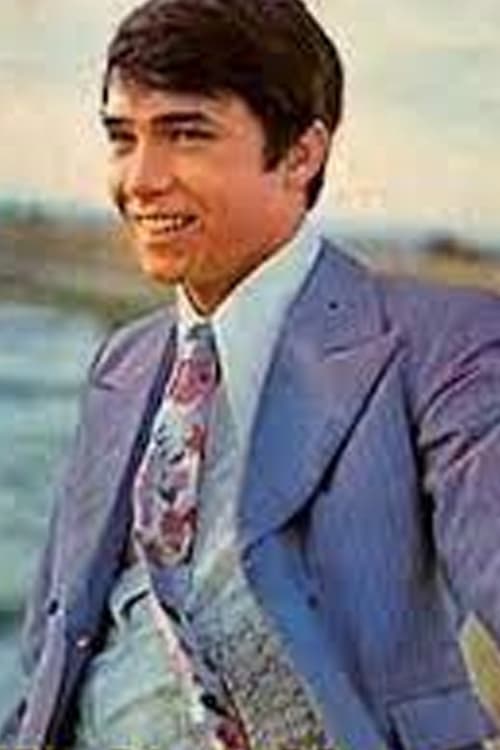
Walter Navarro
Born on November 15, 1952, in the Philippines, Walter Navarro was a multi-talented Filipino artist, excelling as an actor, singer, writer, and producer. In the 1970s, he earned the nickname "Pogi" from fans, rightfully so, as he was considered the most handsome face in the movie industry. His tall, slender frame and mestizo features made him the quintessential "Prince Charming" for Filipina audiences. During that era, he starred in significant films like "Boy Kodyak" (1979), "How to Win a Billion... and Get Away with It" (1967), and "May Isang Brilyante" (1973). In the sixties, Walter Navarro began his career as a promising young singer and actor, often sharing the screen with leading actresses. However, as time passed, his health deteriorated, and he developed a speech impediment, resulting in a gradual decline in his celebrity status and severe depression. Ultimately, it was the unwavering love of a simple woman named Bubut that rekindled Walter's will to live and reminded him that his star still shone brightly in the hearts of many. Once a renowned and beloved figure, he experienced a "fall from grace," descending from the peaks of fame and success into obscurity, personal struggle, and severe depression. Walter Navarro's life came to an end on September 8, 1999, in the Philippines, due to heart problems. Tragically, Walter Navarro passed away on September 8, 1999, in the Philippines, succumbing to heart problems. His legacy includes not only his acting but also his contributions as a writer and producer, leaving behind a treasure trove of memorable performances in Philippine cinema. His talent and charisma continue to be cherished by his devoted fans.
Peran Terkenal
Tentang
Stage Name: Walter Navarro
Peran: Acting
Reputasi: 0.957
Jenis Kelamin: Laki-laki
Tanggal Lahir: 1952-11-15
Lokasi Lahir: Philippines
Riwayat Perfilman
1979
Boy Kodyak
1975
Kapitan Kulas
1975
Sangre montilla
1974
7 Crazy Dragons
1973
Supergirl
1973
Lupang Hinirang
1973
May Isang Brilyante
1972
Dalagang Nayon
1972
Villa Miranda
1971
